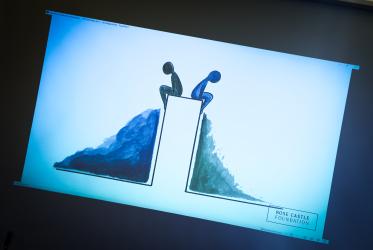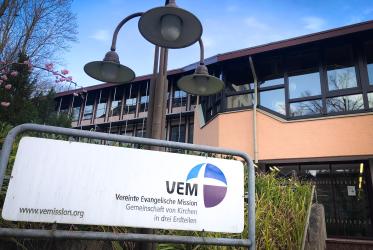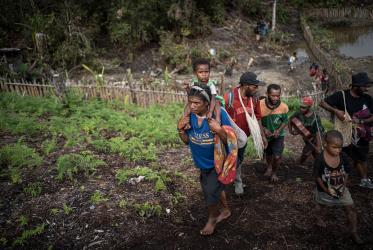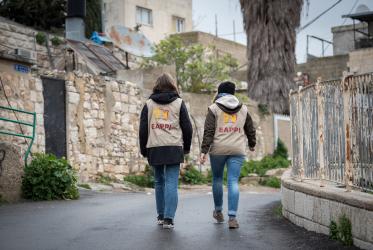One in eleven adults is diabetic. I happen to be one of those 422 million adults. There has been a dramatic increase in the number of those affected by Diabetes over the last quarter century. This increase points to a disturbing decrease in levels of physical activity of people, excessive weight gain among populations and a dramatic shift in how people access food. In the history of humanity, this reality indicates far-reaching changes in lifestyle, economics, and well-being.
My great-grandfather and great-grandmother were farmers, in South India, who tilled the land, herded goats and cattle, and fished in the Achankovil river. The only food item they bought was salt. Physical activity was essential for their survival. They worked hard, producing and preparing their food, to sell the surplus in the markets, to bring up their family and to educate their children. They were not diabetic.
A century later, as a doctor specialized in public health, I, a farmers' great-grandchild, earn my livelihood, interacting with faith communities – learning from them and sharing my insights, writing documents and coordinating advocacy efforts at different levels.
I have to make an extra effort to be physically active. I have to incorporate the physical activities creatively as part of my daily routine – to ensure I burn enough calories.
I have to make an extra effort to prepare my food every day and to eat a balanced diet. I intentionally keep away from highly refined carbohydrates, and sugars, pastries, processed food, sugar-sweetened beverages and excessive consumption of alcohol – all of which are far easier to access, often more affordable and marketed aggressively.
I do have a choice because I can afford the time and money to pursue a healthy lifestyle. It is not a choice for millions of people.
The food system and the labour markets are rigged against a majority of people in the world. The laws that protect the rights of people like the 'Universal Declaration of Human Rights' are soft laws and are not binding. They are flouted with impunity.
But the International Trade laws are binding and are 'hard laws'. They are implemented in ways that facilitate corporate control of food production, corporate control of the food chain and food consumption.
Industrially produced foods are shipped and flown thousands of kilometres to flood local markets, forcing farmers to shift from nutritious crops to cash crops that fetch higher prices but fall prey to market-induced price volatility, making their lives highly insecure and often impoverishing.
For a living wage people are forced to work long hours, travel far from homes to reach the workplace, making physical activity and leisure a luxury. They are compelled to buy mass-produced, processed food, being the only affordable option – as opposed to fresh produce.
If my great-grandparents lived today as farmers, herders or as fisher folk, probably they would be both indebted and diabetic.
In our Pilgrimage of Justice and Peace, we cannot underestimate the mandate given to faith communities to ensure that all people have access to affordable and nutritious food and those who work to make it available, have fair wages. We cannot underestimate the mandate we have to help each other that we can become a fit and faithful community.
Apostle John records the final conversation between Jesus and his disciple Peter....
"He said to him the third time, 'Simon son of John, do you love me?' Peter felt hurt because he said to him the third time, 'Do you love me?' And he said to him, 'Lord, you know everything; you know that I love you.' Jesus said to him, 'Feed my sheep'. "(John 21:17)







